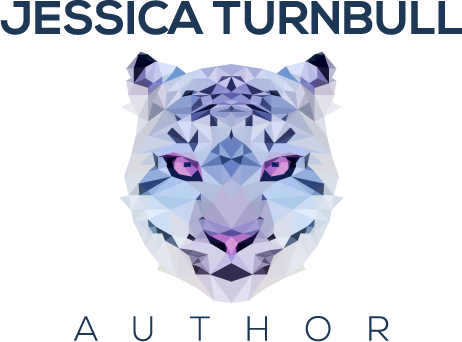Hi all!
This week I'm going to talk about the pros and cons of listening to music while writing. I've seen a lot of authors ask on Twitter about whether listening to music helps others write.
Pros:
It can help you concentrate.
Some authors need some background noise while they're writing, as it can help them concentrate. Instrumental or video game music is especially good for concentration as it isn't too overpowering.
It can help with fight scenes.
I know I'm not the only one who imagines cool fight scenes while listening to music. Certain songs could help you envision how the characters move and react.
Creating a soundtrack can engage readers.
If you create a soundtrack for your book and tell your readers, they will feel more engaged with you. You are sharing a part of your writing routine that may help them feel closer to you and your book.
It will help with editing.
Editing is boring enough already. Having some background noise will improve your concentration and you might edit for longer than usual.
Cons:
It can be distracting.
Depending on what you listen to, you can get distracted easily.
You'll spend ages looking for the perfect songs.
Any time spent doing this means that you'll spend less time writing. Even creating a list before you start has taken precious writing time away.
You might accidentally write song lyrics down.
When editing, you might find a sentence that randomly contains a song lyric. Listening to music will make it harder for your brain to focus on your ideas.
Coming up with ideas may be harder.
It can be hard to come with new ideas with someone singing in your ear, so you might find yourself turning the music off so you can think.
Personally I need silence in order to write. I've tried listening to music in the past but I always end up writing less than I wanted.
The biggest problem that I had when listening to music while writing is that I daydream too much. Although music can help some writers, it didn't help with me. Make sure you give yourself time to discover if it's right for you. Don't give up after one song because you haven't written anything good.
That's it for this week! Next Sunday I'm going to write about the pros and cons of writing your own blurb versus getting someone else to do it for you.



